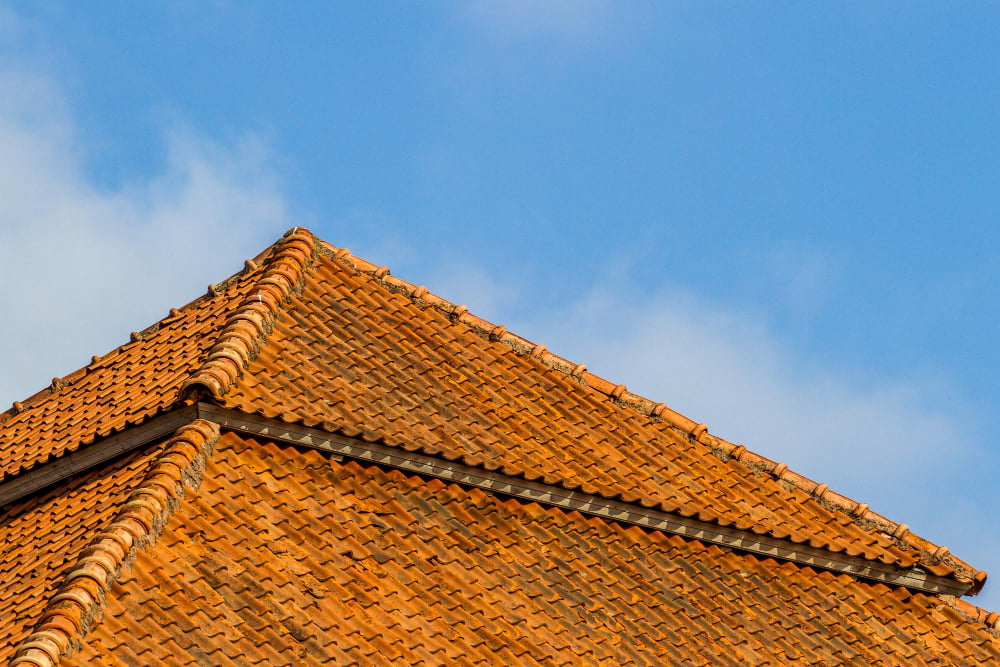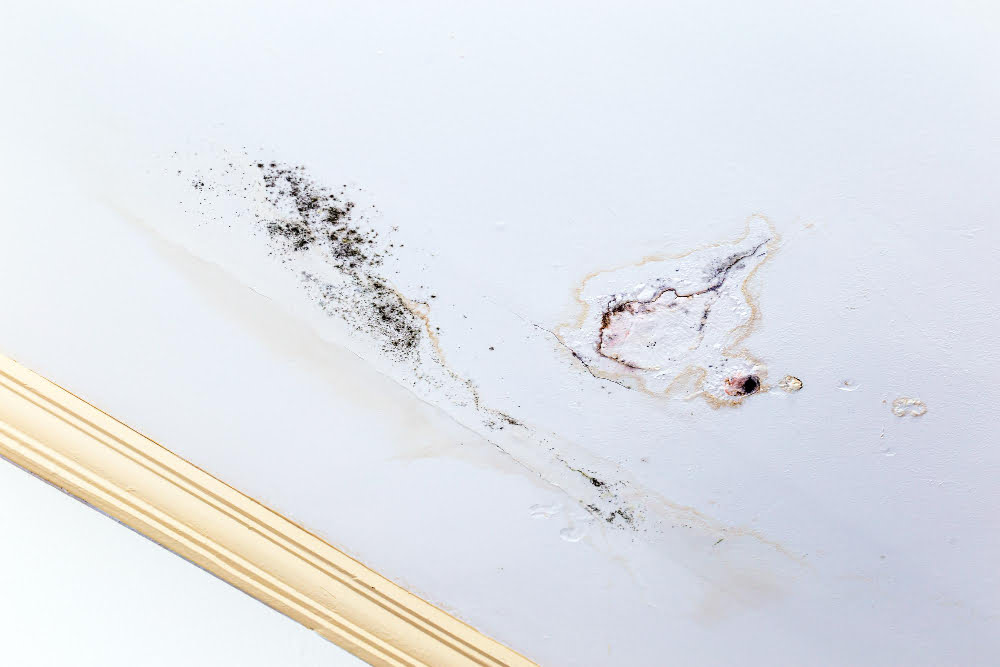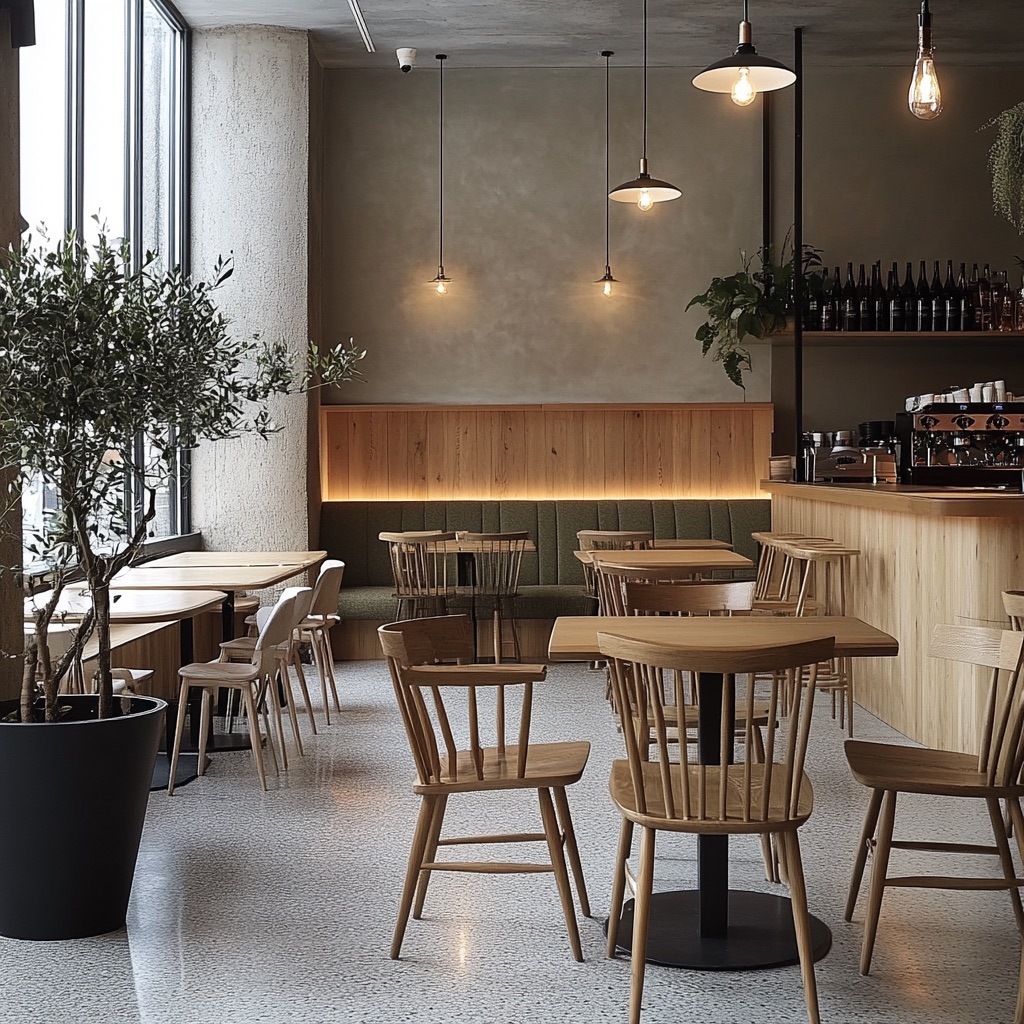Last updated on
Home energy efficiency is a crucial aspect of modern living that affects us on a daily basis. It refers to the smart usage of energy in our homes to reduce wastage and lower energy bills. The concept revolves around optimizing various elements in our house, such as the insulation, windows, and appliances, to ensure they consume less energy.
Notably, your home’s roof plays a significant role in this equation. An old or poorly maintained roof can have surprising implications on your home’s overall energy efficiency. Heat tends to rise and can easily escape through a roof that is not properly insulated or has deteriorated over time.
In the warmer months, a roof in disrepair can let in unwanted heat, forcing your cooling system to work harder. Therefore, keeping your roof in good condition is a critical step in maintaining and improving your home’s energy efficiency.
Increased Energy Costs

An old roof can lead to higher energy costs. Poor insulation allows heat to escape during winter months and lets heat in during the summer, leading to higher heating and cooling costs respectively. Additionally, if your roof is in disrepair, it may have gaps or holes that create air leaks.
These air leaks can allow outside air to enter your home and cause drafts, making your heating or cooling system work harder to maintain a comfortable temperature. As a result, you will end up consuming more energy and spending more money on energy bills.
The team behind Unisource Roofing in Louisville explained that hiring experts can help you identify and fix any problems with your roof that may be affecting your home’s energy efficiency. In fact, investing in a new, energy-efficient roof can significantly reduce your energy costs in the long run.
Accelerated Wear and Tear on HVAC Systems
Old roofs that are not effective in maintaining indoor temperatures can make HVAC systems work harder. This can result in increased energy consumption and faster degradation of these systems. As a result, you may need to replace your HVAC system more frequently, which can be a costly and inconvenient process.
By ensuring your roof is in good condition and properly insulated, you can reduce the strain on your HVAC systems and extend their lifespan. This will not only save you money but also reduce the environmental impact of constantly replacing these energy-consuming systems.
Furthermore, proper roof maintenance can also prevent potential water damage from leaks, which can lead to costly repairs or replacements of not just your HVAC systems, but also other components of your home.
Poor Indoor Air Quality

Deteriorated roofs can let in moisture, which can lead to mold growth. This not only affects the indoor air quality but also can result in higher energy usage due to the need for dehumidifiers or other solutions. Mold growth can also weaken the structural integrity of your home, leading to costly repairs.
By ensuring your roof is in good condition, you can prevent moisture from entering your home and maintain a healthy indoor environment. For added protection, consider using materials with mold-resistant properties when repairing or replacing your roof. When your roof is well-maintained and properly insulated, you can also reduce the need for artificial cooling or heating, which contributes to better air quality as well.
Inefficient Use of Solar Energy
For homes with solar panels, an old or damaged roof can hinder the efficiency of these systems, leading to less energy production and higher reliance on grid electricity. This not only affects your home’s energy efficiency but also limits the potential cost savings and environmental benefits of utilizing solar power.
Therefore, it is essential to ensure your roof is in good condition and can support the weight of solar panels before installing them. Additionally, regular roof maintenance can prevent damage to your solar panels and maximize their energy production. Even small issues, such as debris buildup or cracked tiles, can have a significant impact on the performance of your solar panels.
Increased Carbon Footprint
The cumulative effect of all these factors is an increased carbon footprint. Inefficient energy usage leads to more greenhouse gas emissions, contributing to global warming. By neglecting your roof’s maintenance, you are not only impacting your own home’s energy efficiency and costs but also the environment.
Taking proactive steps to maintain your roof and improve its energy efficiency can help reduce your carbon footprint and contribute to a more sustainable future. When choosing roofing materials, consider opting for eco-friendly options that can further reduce your impact on the environment.
It is evident that an old or poorly maintained roof can have surprising implications on your home’s energy efficiency. From increased energy costs to environmental impact, neglecting your roof can have far-reaching consequences.
By understanding these effects and taking proper care of your roof, you can improve your home’s energy efficiency and save money in the long run. So don’t overlook your roof when it comes to maintaining a comfortable and sustainable living environment for yourself and future generations.
Recap:



